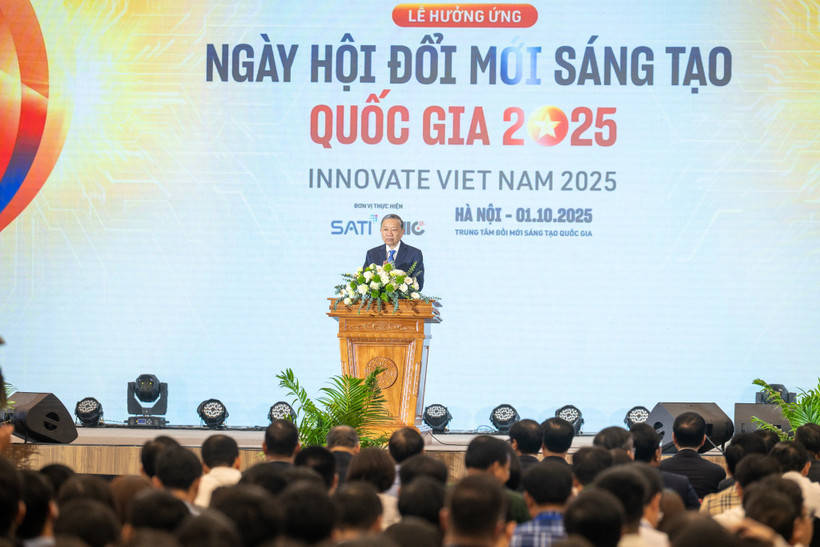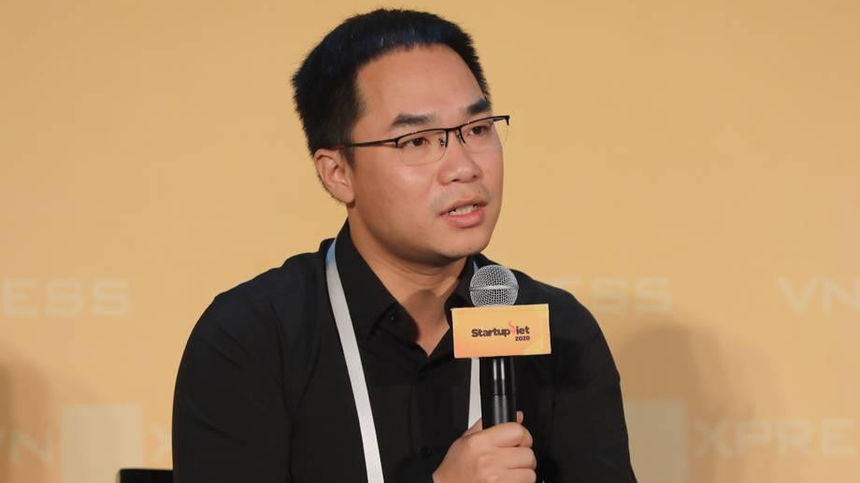Vietnam Moves To Regulate Digital Asset Trading, But Startups Raise Red Flags
Vietnam has officially greenlit a five-year pilot to regulate digital asset trading, signaling a major shift to bring crypto under government oversight. Banks and brokerages are stepping up to build compliant exchanges, aligning with the state’s preference for easily supervised financial institutions.
But the move comes with a high entry bar: exchanges must hold at least 10 trillion VND (~$400 million) in capital, 65% of which must come from domestic investors. This requirement is proving too steep for most startups, especially those that rely on venture capital. Local players like Coin98 and KyberSwap have already scaled back their presence in response.

While regulators aim to enhance transparency, tax collection, and consumer protection, many founders worry that concentrating power in a few large institutions will stifle innovation and increase systemic risk. Others see potential upside in better custody standards, compliance, and open collaborations between banks and startups. With over 17 million Vietnamese reportedly using crypto and an estimated $100 billion in offshore transactions annually, the government sees an opportunity to redirect activity onshore and link digital assets to the formal economy.
Vietnam is adopting a bank-led, tightly controlled approach to formalizing digital assets. This strategy may enhance legitimacy, tax collection, and consumer protection. However, the high capital requirements risk driving independent innovators offshore, ironically limiting the diversity that fuels Web3.
The most promising near-term solution would be bank-startup partnerships within the regulatory sandbox, where startups provide technology and agility while institutions contribute capital, scale, and compliance expertise. Success will depend on balanced regulations that prevent fraud and market concentration without excluding genuine innovators.
National Innovation Day 2025 Encourages The Spirit Of Creativity Among All Citizens
National Innovation Day 2025, held in Hanoi from October 1-3, emphasized that innovation is not just for scientists or tech leaders, but a shared mission for all citizens. General Secretary Tô Lâm called on people across all sectors to contribute to making Vietnam an innovation-driven economy. Prime Minister Phạm Minh Chính reinforced this vision by introducing the "Three Yes, 2 No’s" principle aimed at eliminating mindset and procedural barriers. He also called for more international support in technical expertise, funding, and global market access to help Vietnamese startups thrive.

The festival gained strong international attention, with the U.S. Ambassador confirming continued support through major players like Marvell, Meta, and Qualcomm. Marvell also pledged to expand in Vietnam’s growing semiconductor space, applauding the country’s focus on AI and clean energy. On the domestic front, Vy Lê from Do Ventures stressed the urgent need for larger and more consistent capital inflows, along with stronger IPO pathways for tech startups. Hanoi topped the 2025 Provincial Innovation Index, followed by Ho Chi Minh City, Quảng Ninh, Hải Phòng, and Huế, highlighting rising momentum across the country.
Vietnam is sending a clear signal: innovation is a national priority and a movement backed by political leadership, international partnerships, and private sector engagement. The country’s focus on AI, semiconductors, and startup-friendly reforms shows promise, but long-term success depends on sustained capital, infrastructure, and scalable exits to help founders build and stay in Vietnam.
ThinkZone Doubles Down On Vietnam’s Tech Future With Fourth Fund
Vietnamese venture capital firm ThinkZone has launched its fourth fund, Global Minds Fund I (GMFI), to back local tech startups. While the fund size remains undisclosed, it plans to invest up to $1 million per startup, from pre-seed to Series A, with room for follow-on co-investments from limited partners.
The fund focuses on high-impact sectors like AI, SaaS, fintech, edtech, and healthtech, all aligned with Vietnam’s national development priorities. GMFI is backed entirely by Vietnamese entrepreneurs and corporations, reflecting growing local confidence in the country’s innovation economy.

As part of its recent moves, ThinkZone acquired a controlling stake in BK Investments JSC (BK Fund) from Hanoi University of Science and Technology, signaling an effort to combine funding with deep local knowledge and networks. The firm is currently deploying capital from both GMFI and BK Fund. Previous funds include $60 million raised for Fund II in 2022, the largest homegrown VC fund in Vietnam, and a $50 million target for Fund III in 2023.
The launch of Global Minds Fund I highlights the increasing maturity and confidence of domestic Vietnamese capital within the local tech ecosystem, while signaling a maturing domestically funded VC stack in Vietnam: local LPs supplying not just capital but operating know-how and distribution, which can tighten founder–market fit and speed up go-to-market. This local force is well-positioned to serve as an effective strategic bridge, complementing the role of international investors and directly supporting the government’s call for greater investment in innovation.
Vietnam’s IPO Market Awakens
Vietnam’s IPO landscape is showing strong signs of revival after years of stagnation since its 2007 peak. A new up-cycle is taking shape, marked by both higher deal volume and improved listing quality.
Several major companies are lining up offerings, including TCBS with a planned $412 million IPO by Q4/2025 and Vinpearl, which aims to list 1.8 billion shares on HoSE. F88 has already made its debut on UPCoM, quickly surpassing $381 million in market cap, while VPBank Securities is eyeing a ₫12.7 trillion raise (around $508 million). Hoa Phat Agriculture and Mobile World also have long-term listing plans to unlock growth capital and expand business units.

This momentum is supported by structural reforms and regulatory upgrades. More firms are moving from UPCoM to HoSE, potentially unlocking around $20 billion in market capitalization. Updates to the KRX trading system and foreign ownership rules could attract another $6 billion in foreign investment. Notably, new regulations allow IPO and listing processes to run in parallel, reducing delays and improving liquidity. New indices such as VNMITECH and VN50 Growth are also helping direct capital toward tech and high-growth firms.
Vietnam’s IPO engine is back in motion. With credible listings on the horizon and a regulatory framework that reduces friction between approval and market debut, the country is building a more investor-friendly capital market. While risks around execution and transparency still exist, the mix of strong pipelines and policy reforms points to a more mature, accessible market, especially for young investors looking to participate in Vietnam’s next wave of public growth stories.
Vietnam’s Private Capital Market: Early Gaps, Long-Term Gains
Vietnam’s private capital market is still in its early stages, with notable gaps in R&D funding, deep tech investment, IPO activity, and talent for venture capital (VC) and private equity (PE). However, the Vietnam Private Capital Agency (VPCA), established in late 2024, is stepping in to address these issues.
Backed by nearly 40 member firms and working closely with government ministries, VPCA aims to channel $35 billion into private investments by 2035. Its priorities include raising governance standards, supporting education, and building stronger international partnerships to improve the investment environment.
Despite current limitations, Vietnam remains attractive to long-term investors thanks to strong GDP growth, political stability, a young and tech-savvy population, and a favorable market cycle. VPCA’s efforts suggest a broader strategy to close structural gaps while leveraging the country’s macroeconomic strengths. This presents a clear opportunity for investors who are willing to take a long-term view and grow alongside the market.
Vietnam’s private capital ecosystem is compounding slowly but steadily. As R&D commercialization and exit pathways improve, and with continued support from VPCA in governance and cross-border collaboration, Vietnam is positioning itself as a competitive destination for both strategic and financial investors seeking long-term growth.
Genesia Ventures is an early-stage venture capital firm operating in Japan and Southeast Asia, with a strong belief in the long-term potential of Vietnam’s digital economy. Beyond providing capital, the fund actively supports startups through strategic guidance and connections to a broader regional network.
